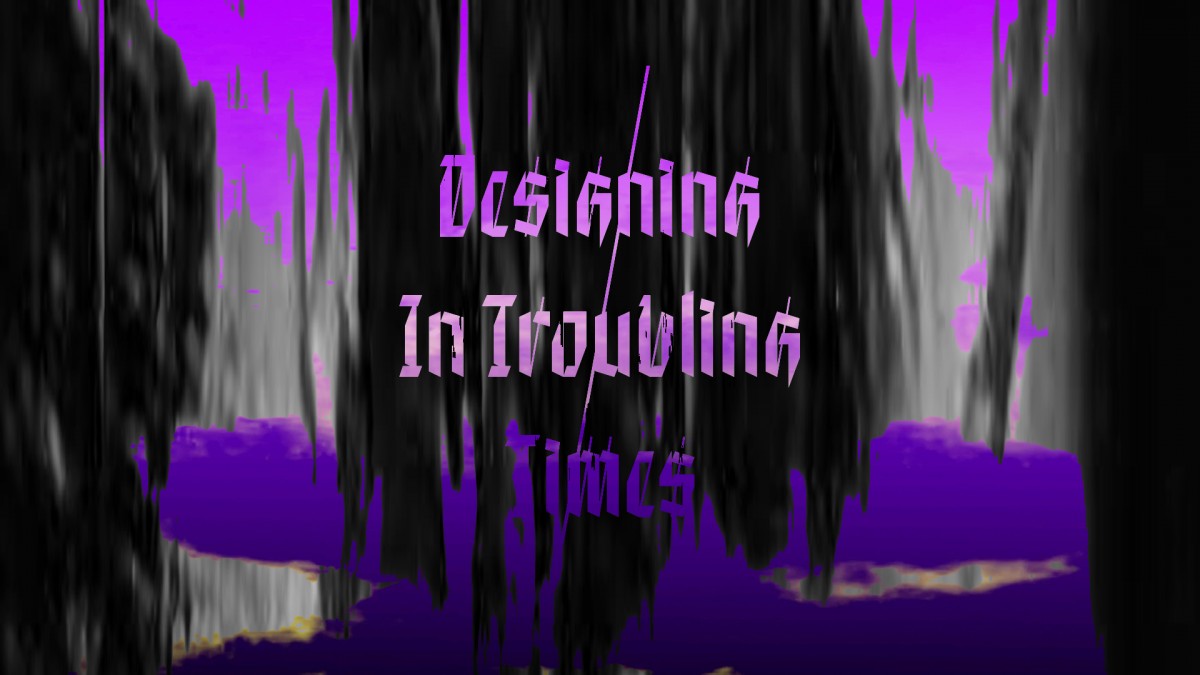The world has entered a new era of rapid socio-ecological change that affects all life on the planet. Environmental challenges and structural inequalities caused by shifts in global economic, political and technological power require new approaches and transformative actions to stabilize and restore ecosystems on which life depends. The need for this transformative change has become apparent to most of us, but concrete pathways for its implementation within everyday life remain unclear.

As a materially engaged, world-building activity, design has a critical role to play in this transformative process. On one hand, design has been complicit in the planetary problems we are facing, contributing to social and ecological unsustainability. On the other, it has served as a powerful tool for prompting critical thinking and inspiring new social imaginaries. Designers and design researchers have long stressed the need for design to reshape its ontological position to become more inclusive, responsive, responsible and capable of stimulating transformative thinking and action.
The Uroboros festival aims to be a shared, accessible space for collective experimental inquiries into the transformative potential of design research and practice. The festival’s main theme Designing in Troubling Times is inspired by the ambiguous symbol of Uroboros – a serpent devouring itself and changing its form in an eternal cycle of re-creation, using its own body as fuel. The circular and cyclical Uroboros captures the ambiguity of present technologies and designs for the troubling and troubled times that we are living in. The serpent represents the mythological origins of all our technological promises about eternal returns and the search for utopia.
Are we creating unexpected synergies and closeness across different scales or are we repeating forgotten lessons from our history? Does design confirm resignation on politics and its reduction to algorithmic improvisation; does it exacerbate social and ecological unsustainability by squandering resources and reproducing inequalities? Is it just a palaver of vague phrases promising justice and inclusivity? Or can design provide new tools for experimental explorations of the world; arouse an appetite for what might be possible and nurture new social imaginaries? Can it foster real-life action, support radical interdependence and enable new ways of living and being together on the planet?
The festival critically explores how to approach the utopian promises and ideals of circular economy, platform cooperatives, participatory and inclusive DIY / DIWO, multi-species collectivism, more-than-human futures, and similar. How can we face our apocalyptic fears and prepare for a future radically different from life as we know it – perhaps without humans or with post-humans of a new kind? What values are we keeping and circulating in our hopes for more sustainable and inclusive designs? Whom do we empower with every design solution; what do we avoid and expel?
Starting from these propositions, the Uroboros festival calls for experimental projects that critically engage with the festival theme Designing in Troubling Times and question what we can design and how, to support a positive change. More information is available in the festival open call.